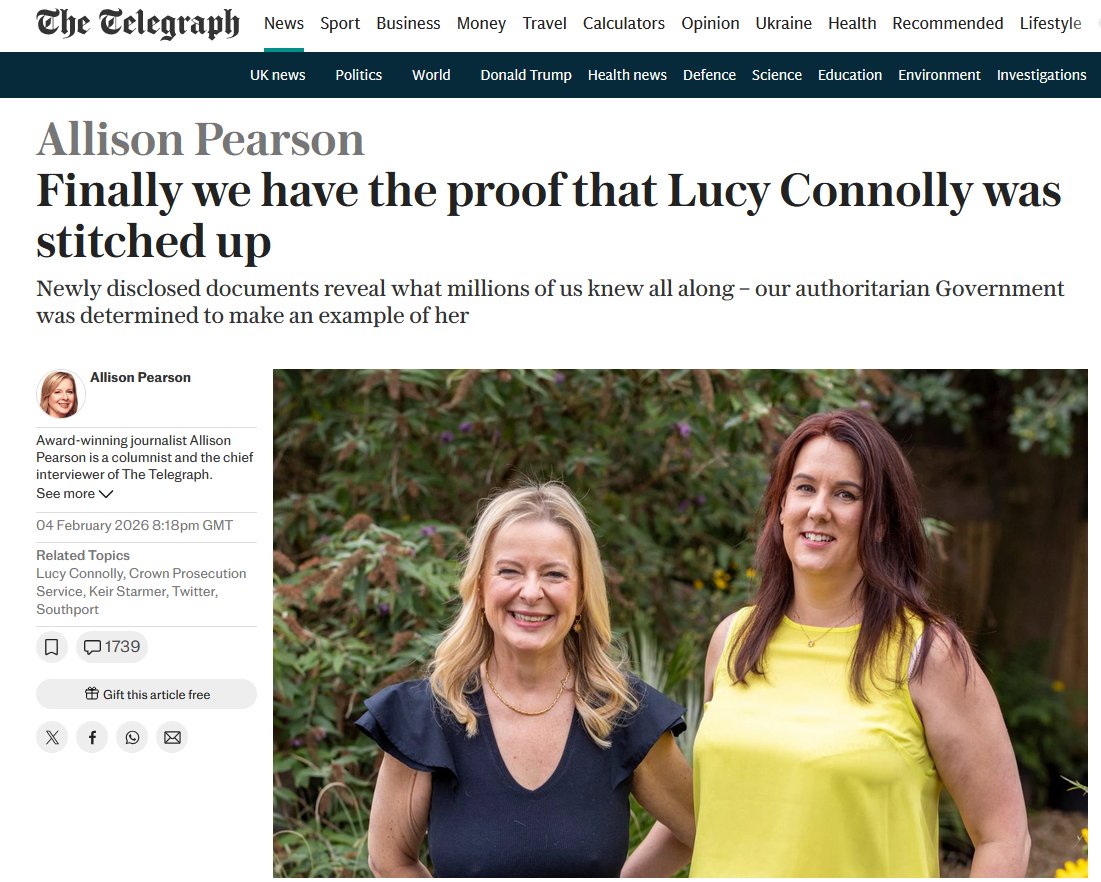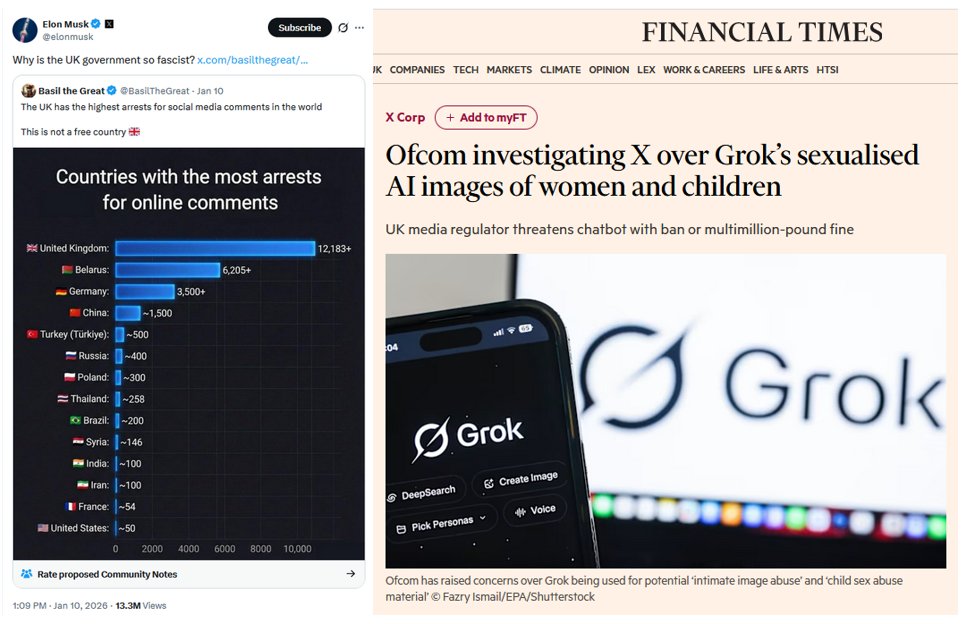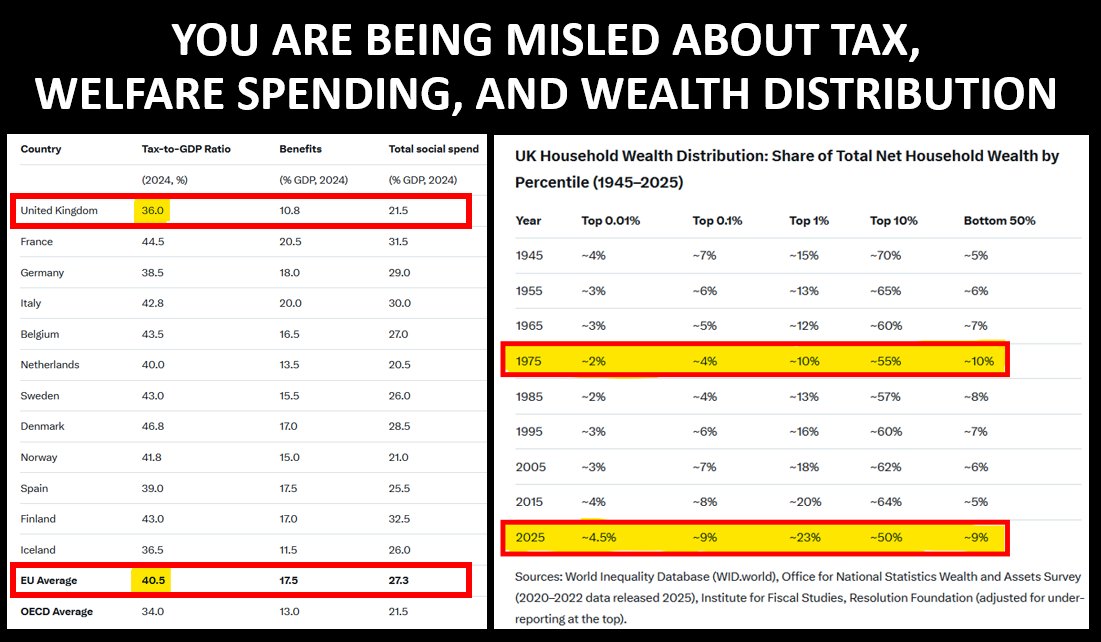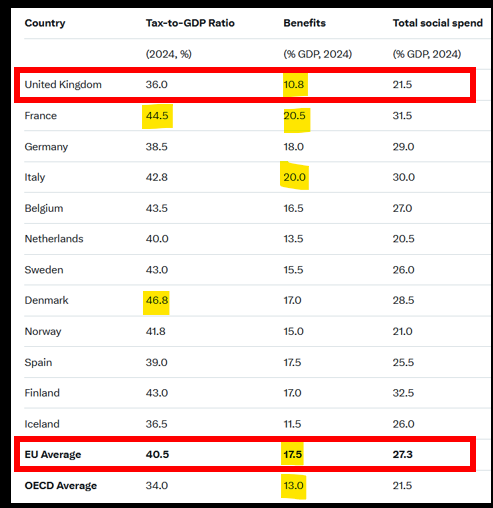A typically measured, nuanced, balanced & not at all bitter, unhinged, provocative or resentful Nick Cohen, who has been on quite a journey since describing Zionism as "colonialism" in the early 2000s, to demonising the wrong sort of left-wingers in the pages of The Spectator. 

Nick Cohen was for many years a critic of Tony Blair's foreign policy, but then began to modify his views after 2001, advocating the 2003 invasion of Iraq & becoming a critic of the Stop the War Coalition.
Curious.
Curious.

In 2006, he was a leading signatory to the Euston Manifesto, which proposed what it termed "a new political alignment", in which the left would take a stronger stance in favour of military intervention & against so-called anti-American attitudes - also signed by Julie Burchill. 

Cohen also supported the NATO-led intervention in Libya to oust Gaddafi in 2011, & in 2012, he called for Western military intervention in the Syrian Civil War.
In 2006, the Muslim Council of Britain suggested Cohen was "part of a circle of pernicious Islamophobic commentators".
In 2006, the Muslim Council of Britain suggested Cohen was "part of a circle of pernicious Islamophobic commentators".

In August 2014, Cohen was one of 200 public figures who were signatories to a letter to The Guardian opposing Scottish independence, & in 2015, he criticised Ecuador for granting political asylum to Julian Assange, calling Ecuador a "petro-socialist authoritarian state". 



And here's the rambling, contradictory, grifting, predictable, opportunist Left-bashing "left-wing" half-wit in all his snide & pompous glory: 







• • •
Missing some Tweet in this thread? You can try to
force a refresh












